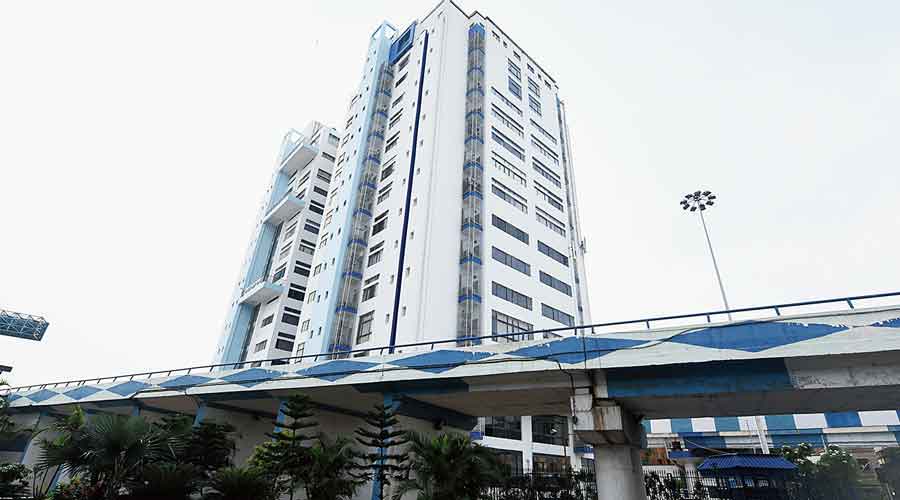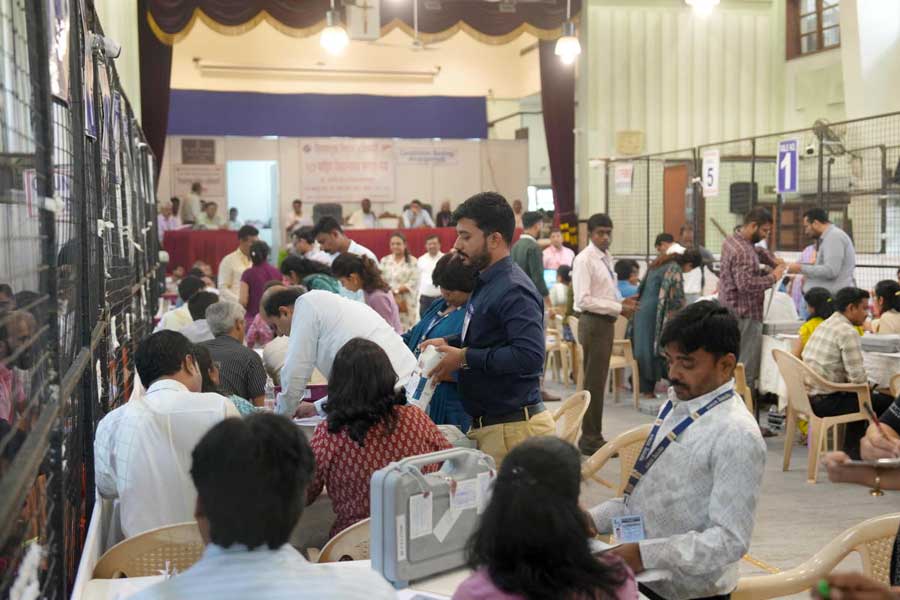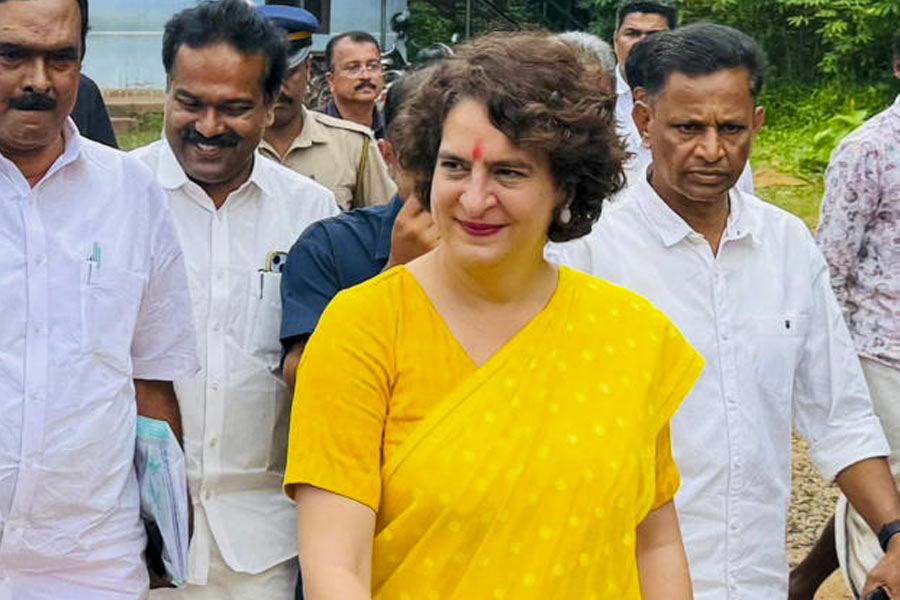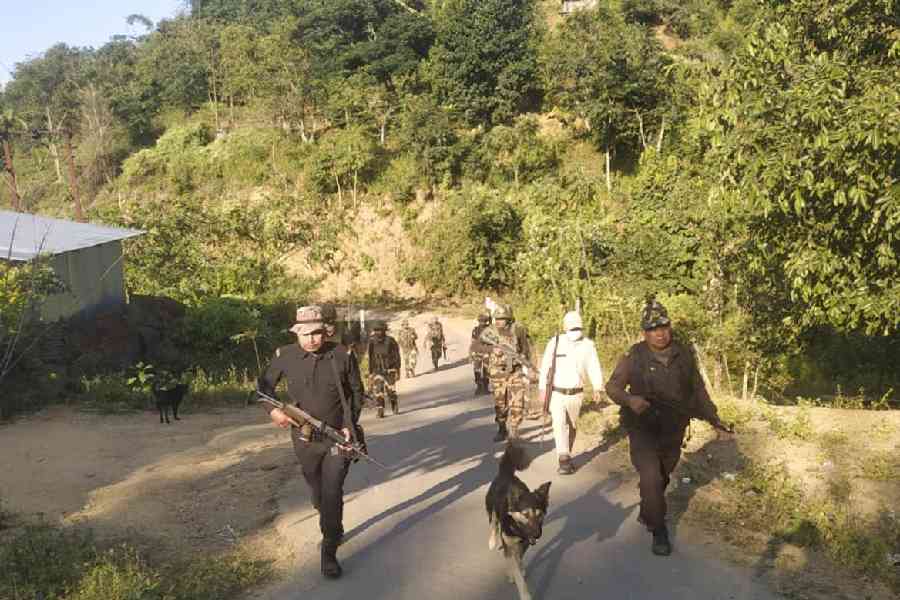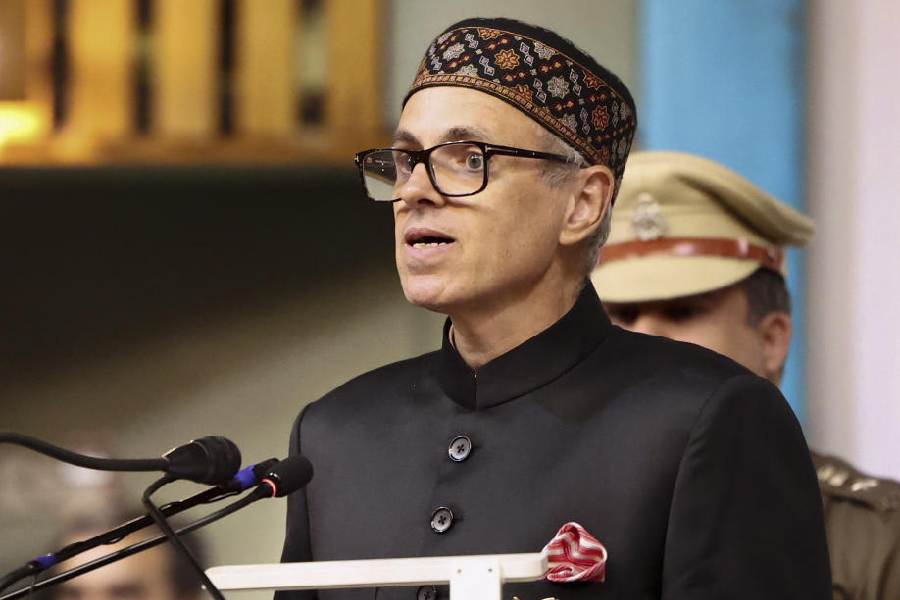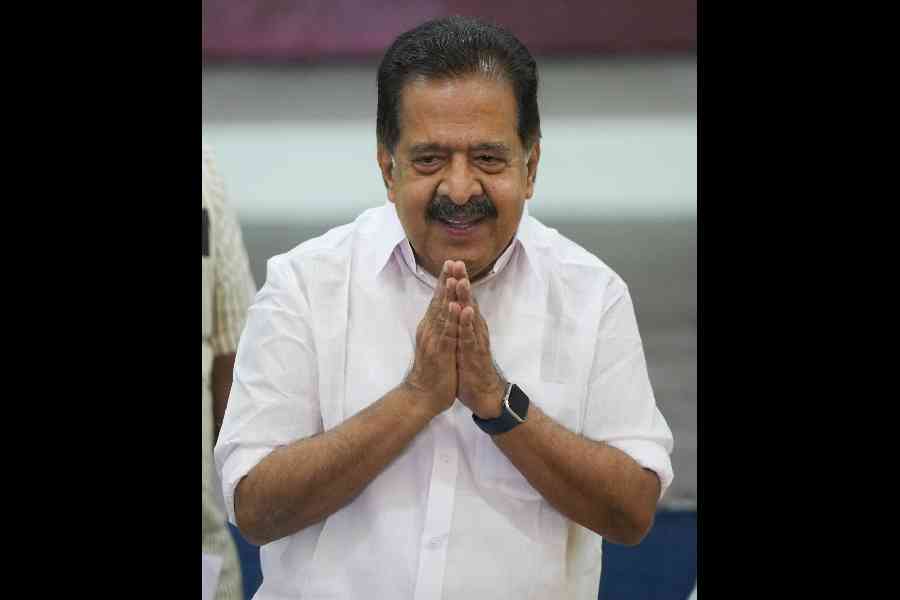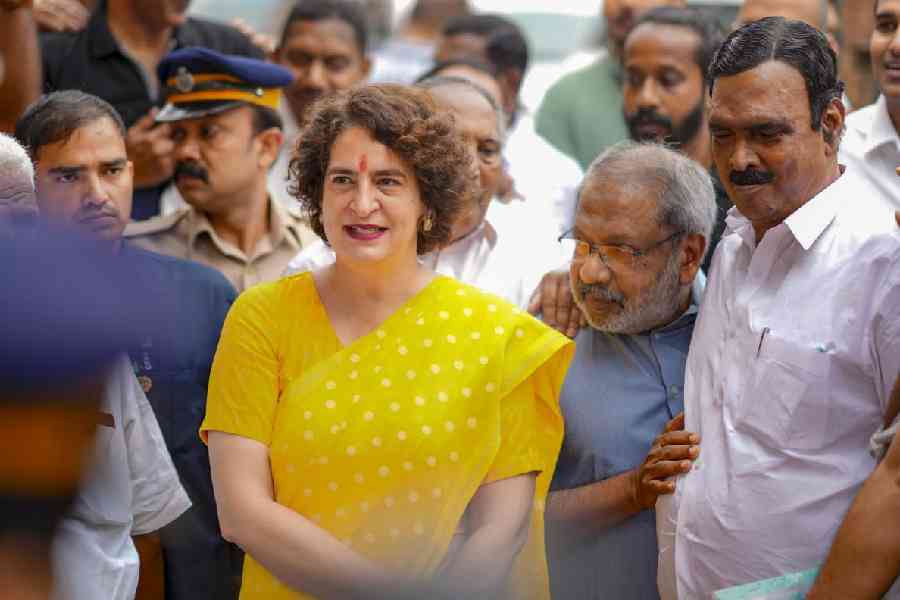The state panchayat department has communicated to district magistrates across Bengal to ensure regular meetings of the gram sabha — a forum of villagers, panchayat functionaries and officials — as part of an attempt to involve people in decision-making in the three-tier panchayat system.
The directive from Nabanna, a source said, indicates that the ruling Trinamul is trying to address the issue of corruption at the grassroots by involving more people in the functioning of panchayats.
According to the rules governing the panchayats, the gram sabha meetings are to be held periodically to ensure people’s participation in the affairs of the rural bodies.
The meetings are supposed to be held between the common villagers and the panchayat functionaries in the presence of officials like the BDOs.
Here, villagers are supposed to get a chance to list the jobs needed to be done in their areas and point out irregularities, if any, in the running of government schemes.
“Unfortunately, such meetings have not been held since 2010 when the Left Front had lost control over the administration. Trinamul had wrested a significant number of gram panchayats in 2008 rural polls,” said a senior bureaucrat.
Now, as central monitoring teams have exposed several irregularities in the 100 days’ jobs scheme, the state government has taken a series of measures to prevent corruption in the running of rural development schemes.
“Among these, the order to hold gram sabha meetings is the most important. These meetings are the most powerful weapon to weed out corruption at the grassroots. Moreover, these meetings repose people’s faith in the state administration,” said another bureaucrat.
The state panchayat department has now asked the district magistrates to ensure that such meetings are held in the block-level (panchayat samiti) and district-level (zilla parishad) on a regular basis.
A senior official said that had the Bengal government taken such steps some years earlier, the state could have averted the existing situation where it can’t provide jobs to rural populace under the Centre’s MGNREGA (100 days’ job sceheme) since April this year as the Centre has frozen funds citing irregularities.
“Late Subrata Mukherjee, who was the panchayat minister, had tried to ensure that such meetings were held, but none in the state administration came forward to support him. As a result, the meetings were never held during the Trinamul regime,” said a source.

